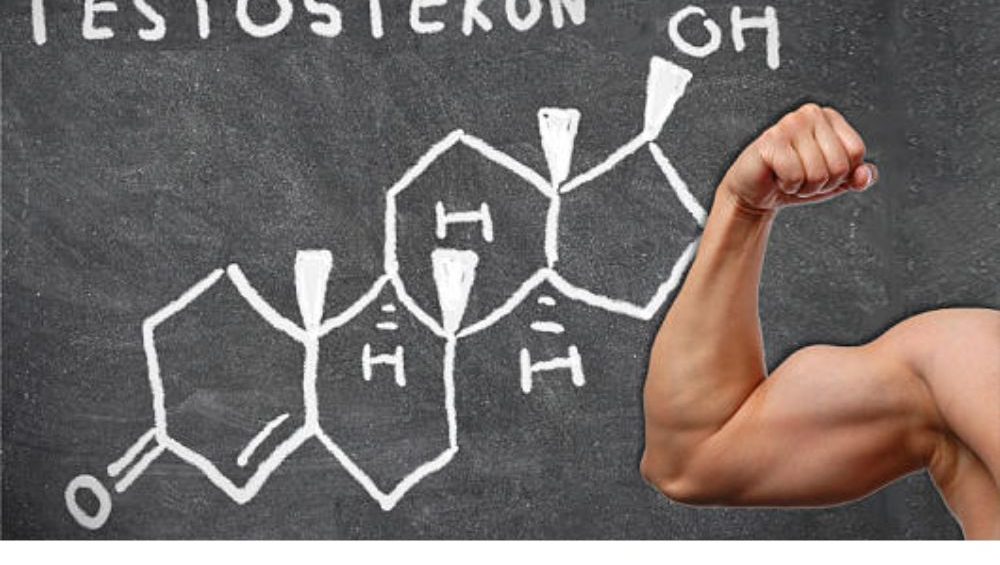Testosterone and Building Muscle
Testosterone is one of the most important tools in your body to grow, repair, and thrive. Testosterone is certainly a primary hormonal driver of muscle growth. Chemically, testosterone is a steroid. Biologically, it’s an androgenic (male) sex hormone. Men and women both produce testosterone, with the typical adult man producing about 5-10 milligrams per day and the average adult female producing at least 10-fold less per day.
What Does Testosterone Do?
Testosterone can enter cells passively and bind to androgen receptors that act directly upon the nucleus of a cell. It can also serve as a prohormone in sex glands and tissues such as your skin, hair follicles, and fat.
In adults, testosterone has effects across the body:
- Muscles: Increases protein synthesis, and increases muscle mass and strength.
- Body Fat: Blocks the uptake of fat and storage of fat, and increases the number of fat burning beta-adrenergic receptors.
- Brain: Improves cognition, memory, sex drive, and affects feelings.
- Heart: Increases blood flow and cardiac output.
- Bone: Increases red blood cell production and bone growth, and maintains bone density.
- Male Sex Organs: Supports sperm production and viability, and promotes penis growth and erectile function.
- Skin: Supports collagen production and produces hair.
- Kidneys: Produces erythropoietin (EPO), which stimulates red blood cell production.
Testosterone and Muscle Growth
Testosterone directly effects muscle growth by binding to receptors on the surface of muscle cells and amplifying the biochemical signals in muscle tissue that result in protein synthesis. Testosterone also increases levels of another growth factor, called growth hormone, that the body releases in response to exercise. Like testosterone, growth hormone increases protein synthesis and can result in increased muscle growth. By boosting protein synthesis in skeletal muscle, testosterone increases both the rate and extent to which muscles adapt to exercise. Testosterone is also anti-catabolic because it blocks the ability of catabolic hormones like cortisol to bind to their primary receptors. Thus, testosterone is both an anabolic and anti-catabolic steroid. This makes it fundamental for building and maintaining muscle mass, and for rapid exercise recovery.
How Testosterone Boosts Endurance: Testosterone increases EPO, which stimulates red blood cell development. More red blood cells means more oxygen carrying capacity within the blood and to working muscles. Injecting adult rodents with testosterone has even been shown to increase the number of fat-burning and energy producing factories (mitochondria) present within cells, and improve mitochondrial function.
How Does Testosterone Affect Body Fat, Weight, And Body Composition?
Low testosterone in men increases fat and weight gain, reduces caloric expenditure, increases the prevalence of blood glucose disorders and insulin insensitivity, and otherwise negatively affects metabolic control. In women, unusually high testosterone has many of the same negative effects.
Collectively and in both sexes, testosterone acts directly within your central nervous system (brain and spinal cord) to regulate metabolism, affecting how well your body burns calories and maintains healthy blood glucose levels.[8]
Considerations
Though the role that testosterone plays is important and significant, it is only one of many factors that controls muscle growth. Other growth factors include insulin, insulin-like growth factor 1, hepatocyte growth factor, fibroblast growth factor and growth hormone. Outside of an athlete’s body chemistry, his nutrition, quality of sleep, training experience, discipline and quality of training plan all play important roles in muscle








